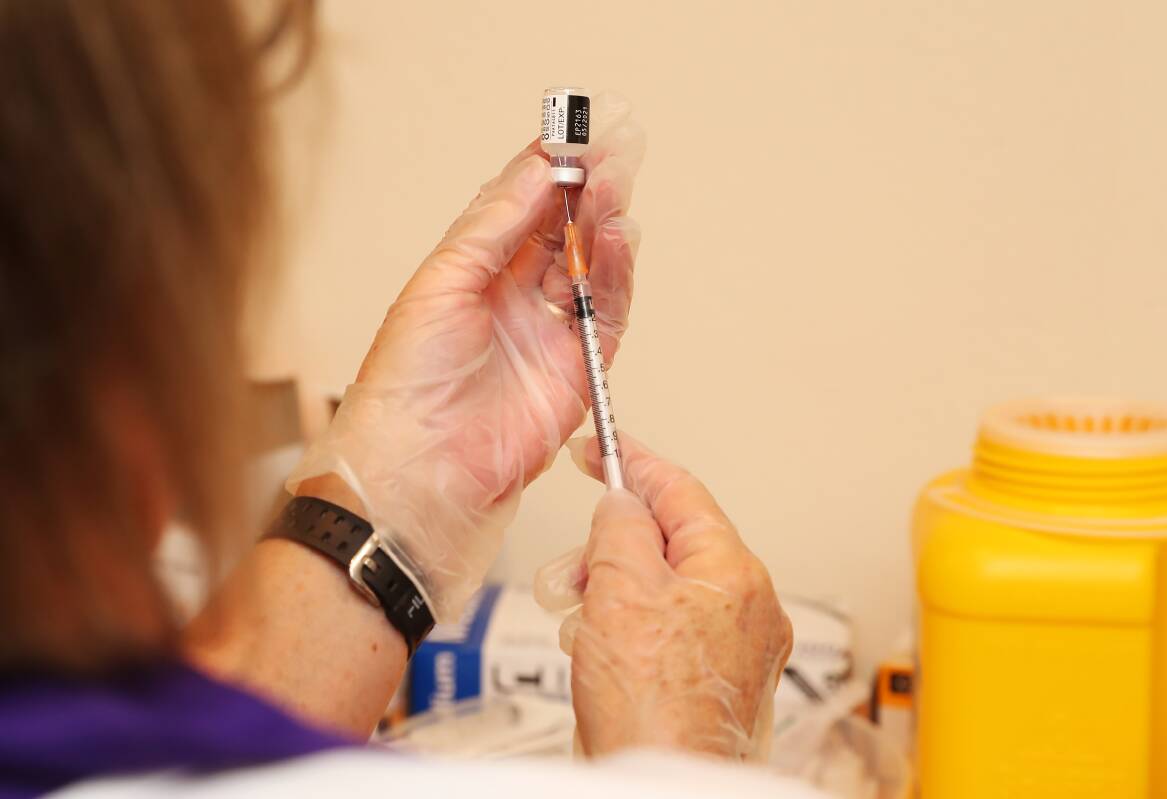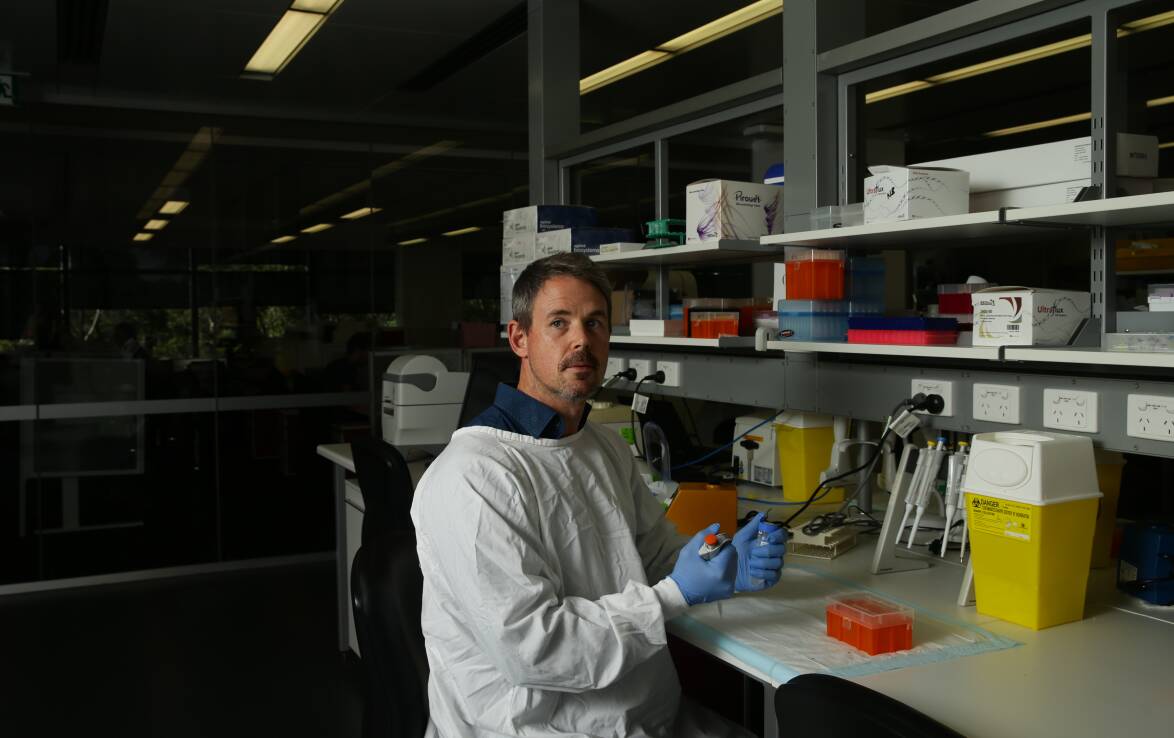
COVID vaccine rates in the Hunter have plummeted to 14 per cent of people aged 18 and over, federal health data show.
The region's take-up of vaccines against the virus began to decline after the first two doses, which occurred during public health orders and workplace mandates.
For the first two doses, all areas in the region recorded vaccination rates of about 94 per cent or higher.
But for the third dose, rates declined significantly to as low as 63 per cent in Cessnock and a high of 74 per cent in Newcastle.
For the fourth dose, rates fell to a low of 45 per cent in Cessnock and a high of 52 per cent in Lake Macquarie.
Since December last year, there were no public health orders in force in NSW that mandated COVID-19 vaccination. Workplaces have also eased their stance on vaccine mandates.
The Australian Technical Advisory Group on Immunisation (ATAGI) now recommends boosters mainly for older people and those with medical comorbidities.
Its latest advice states that no further doses are recommended for those with no risk factors who have had a jab this year.
Professor Nathan Bartlett, of Hunter Medical Research Institute, said most people have had "multiple vaccinations and been infected by the virus".
"We've all got some level of immunity," said Professor Bartlett, a University of Newcastle virologist.
"There's no evidence the virus is getting any more pathogenic. Infections for most people are fairly mild. It's becoming perceived as a common cold type virus. For people who are fit and healthy and not in the risk groups, that's probably OK."

The Newcastle Herald reported on Friday that a new COVID wave had hit the Hunter-New England district with 39 people in hospital and nine aged-care home outbreaks.
Professor Bartlett said he would personally consider an annual COVID booster, if he hadn't been infected with the virus in a year.
Pfizer and Moderna's mRNA vaccines, in particular, have attracted criticism among people who believe they aren't safe or effective.
Former Australian Medical Association (AMA) president Dr Kerryn Phelps said last year that she and her partner both suffered vaccine injuries.
In a submission to federal parliament's "long Covid" inquiry, she said "vaccine injury is a subject that few in the medical profession have wanted to talk about".
"It is possible that there is at least some shared pathophysiology between vaccine injury and long Covid, possibly due to the effects of spike protein," said Ms Phelps, a former federal MP.
The latest Therapeutic Goods Administration [TGA] vaccine safety report, released on Thursday, said "vaccination against COVID-19 is the most effective way to reduce deaths and severe illness from infection".
"The protective benefits of vaccination far outweigh the potential risks," the report said.
"Like all medicines, COVID-19 vaccines may cause some side effects. Reporting rates of adverse events following COVID-19 vaccination are very stable."
Professor Bartlett said there was "absolutely no doubt that the COVID vaccines work and provide excellent levels of protection, particularly for severe disease".
"They've been critical to stopping this virus from wreaking havoc on our population."
Dr David Durrheim, a Hunter public health physician, said the mRNA technology was "a marvellous platform".
"We now have so many millions of people who have safely had the vaccine and we've been monitoring for side effects, particularly in Australia," Dr Durrheim said.
"The virus kills people and the vaccine protects people. To me the equation is a simple one."
He said breakthroughs in other diseases would occur with the mRNA platform. This included the possibility of "a universal flu vaccine" that would prevent the need for annual flu boosters.







